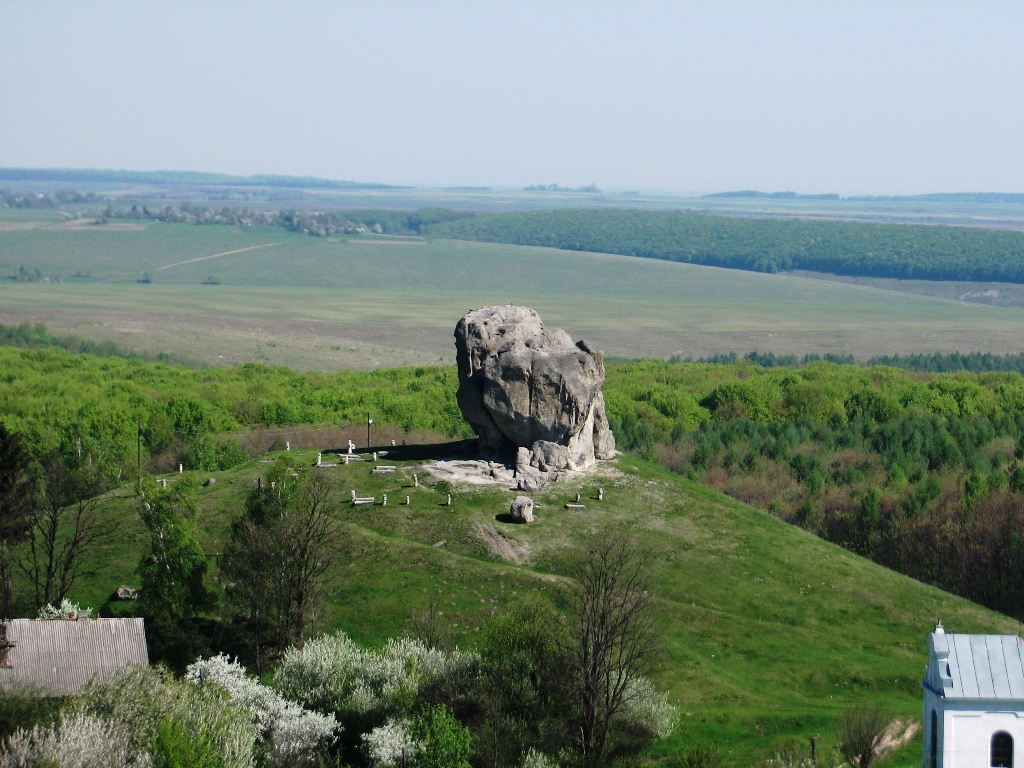|
Rudolf Günsberg
Herman Rudolf Günsberg (1827–1879) was a chemist from Pidkamin, near Brody, who distinguished himself by his fostering of the economic development of Galicia. Biography He launched his academic career by completing a doctoral thesis at the University of Jena. Subsequently, he worked as an assistant professor at the Lviv Polytechnic in Lemberg between 1857 and 1868 and after that he started as the full Professor of Applied Chemistry at the same institution until 1879. He published both in Polish and German several scientific written works relating to the organising of higher technical education, industrial chemistry and agricultural chemistry. Among his first articles worthy of notice are "Die Fachschule für chemische Technik an der K. K. Technischen Hochschule zu Lemberg" (1866, ''Szkoly techniczne''), "Mysli odpowiedniego urzadzenia szkol technicznych" (1868) and "Die chemisch-technischen Fachschulen" (1869). His papers were presented in important central European, British, ... [...More Info...] [...Related Items...] OR: [Wikipedia] [Google] [Baidu] |
Pidkamin
Pidkamin (; ) is a Populated places in Ukraine#Rural settlements, rural settlement in Zolochiv Raion, Lviv Oblast, western Ukraine, near the administrative border of three oblasts, Lviv Oblast, Lviv, Rivne Oblast, Rivne, and Ternopil Oblast, Ternopil. Pidkamin hosts the administration of Pidkamin settlement hromada, one of the hromadas (municipalities) of Ukraine. Population: History During the Massacres of Poles in Volhynia, Pidkamin was a shelter for Polish people, Poles, who escaped there to hide in the monastery. Some 2,000 people, the majority of whom were women and children, were living there when the monastery was attacked in mid-March 1944, by the Ukrainian Insurgent Army, cooperating with the Ukrainian SS. Around 300 Poles were murdered in the monastery, and additional 500 were killed in the town of Pidkamin itself.Grzegorz Motyka, Ukraińska Partyzantka 1942-1960, Warszawa 2006 In the nearby village of Palikrovy, 300 Poles were killed, 20 in Maliniska and 16 in C ... [...More Info...] [...Related Items...] OR: [Wikipedia] [Google] [Baidu] |
Brody
Brody (, ; ; ; ) is a city in Zolochiv Raion, Lviv Oblast, Zolochiv Raion, Lviv Oblast, western Ukraine. It is located in the valley of the upper Styr, Styr River, approximately northeast of the oblast capital, Lviv. Brody hosts the administration of Brody urban hromada, one of the hromadas of Ukraine. Population: Brody is the junction of the Druzhba pipeline, Druzhba and Odesa–Brody pipeline, Odesa–Brody oil pipeline transport, pipelines. History The first mention of a settlement on the site of Brody is dated 1084 (Vladimir II Monomakh#Reign, Instructions by Vladimir Monomach). It is believed to have been destroyed by Batu Khan in 1241. Polish Kingdom From 1441 Brody was the property of different feudal families (Jan Sieniński; from 1511, Kamieniecki). Brody was granted Magdeburg rights, Magdeburg town rights by Polish King Stephen Báthory by virtue of a privilege (law), privilege issued in Lublin on 22 August 1584.Sadok Barącz, ''Wolne miasto handlowe Brody'', Lwów, ... [...More Info...] [...Related Items...] OR: [Wikipedia] [Google] [Baidu] |
Galicia (Central-Eastern Europe)
Galicia ( ;"Galicia" '''' also known by the variant name Galizia; , ; , ; ; see below) is a historical and geographic region spanning what is now southeastern and western , ... [...More Info...] [...Related Items...] OR: [Wikipedia] [Google] [Baidu] |
University Of Jena
The University of Jena, officially the Friedrich Schiller University Jena (, abbreviated FSU, shortened form ''Uni Jena''), is a public research university located in Jena, Thuringia, Germany. The university was established in 1558 and is counted among the ten oldest universities in Germany. It is affiliated with six Nobel Prize winners, most recently in 2000 when Jena graduate Herbert Kroemer won the Nobel Prize for physics. It was renamed after the poet Friedrich Schiller who was teaching as professor of philosophy when Jena attracted some of the most influential minds at the turn of the 19th century. With Karl Leonhard Reinhold, Johann Gottlieb Fichte, G. W. F. Hegel, F. W. J. Schelling and Friedrich Schlegel on its teaching staff, the university was at the centre of the emergence of German idealism and early Romanticism. , the university has around 19,000 students enrolled and 375 professors. Its current president, Walter Rosenthal, has held the role since 2014. Hi ... [...More Info...] [...Related Items...] OR: [Wikipedia] [Google] [Baidu] |
Lviv Polytechnic
Lviv Polytechnic National University () is a public university in Lviv, Ukraine, founded in 1816. According to the Times Higher Education, as of 2024, it ranks first as a technical institution of higher education and second among all institutions of higher education after Sumy State University in Ukraine. Lviv Polytechnic is also the largest educational institution in Ukraine by the number of students and one of the largest by the number of faculties and departments. History The history of the Lviv Polytechnic National University begins during the Austrian Empire, and extends through the Second Polish Republic, the Nazi German Occupation, the Soviet Union, and into independent Ukraine. On 7 March 1816, the Imperial-Royal Real School was opened in Lemberg (Lviv). A technical school was established with the help of the newly introduced local industrial tax. In the curricula of the Imperial-Royal School, the main focus was assigned to the subjects of the natural-mathematical ... [...More Info...] [...Related Items...] OR: [Wikipedia] [Google] [Baidu] |

